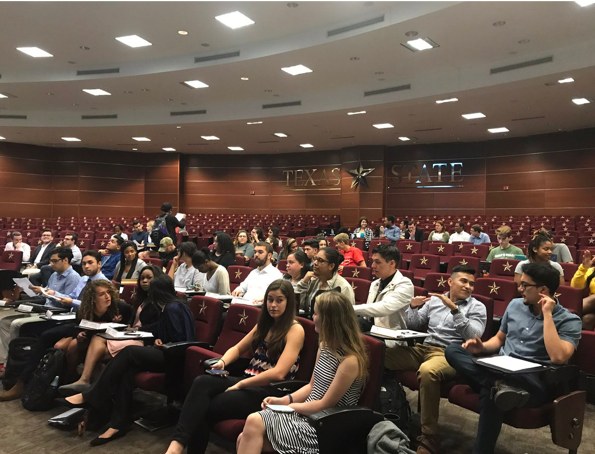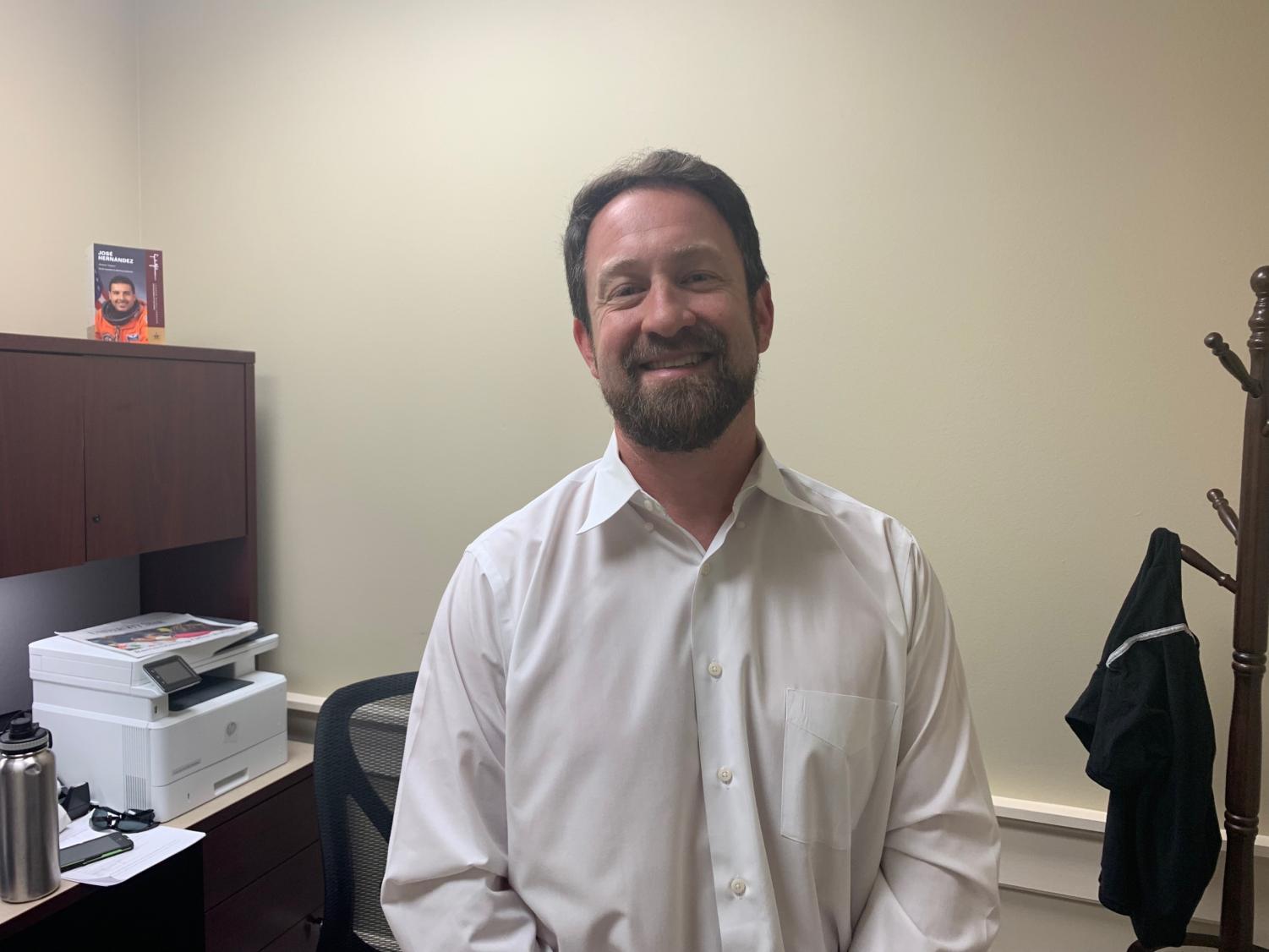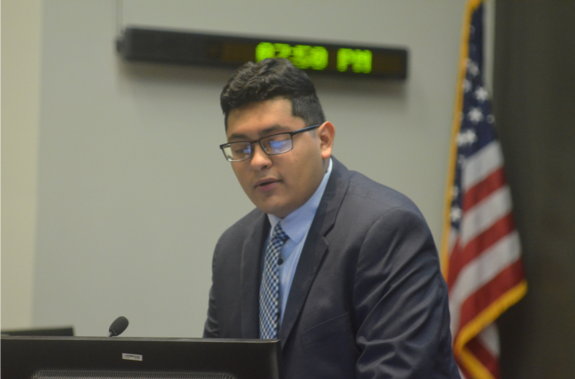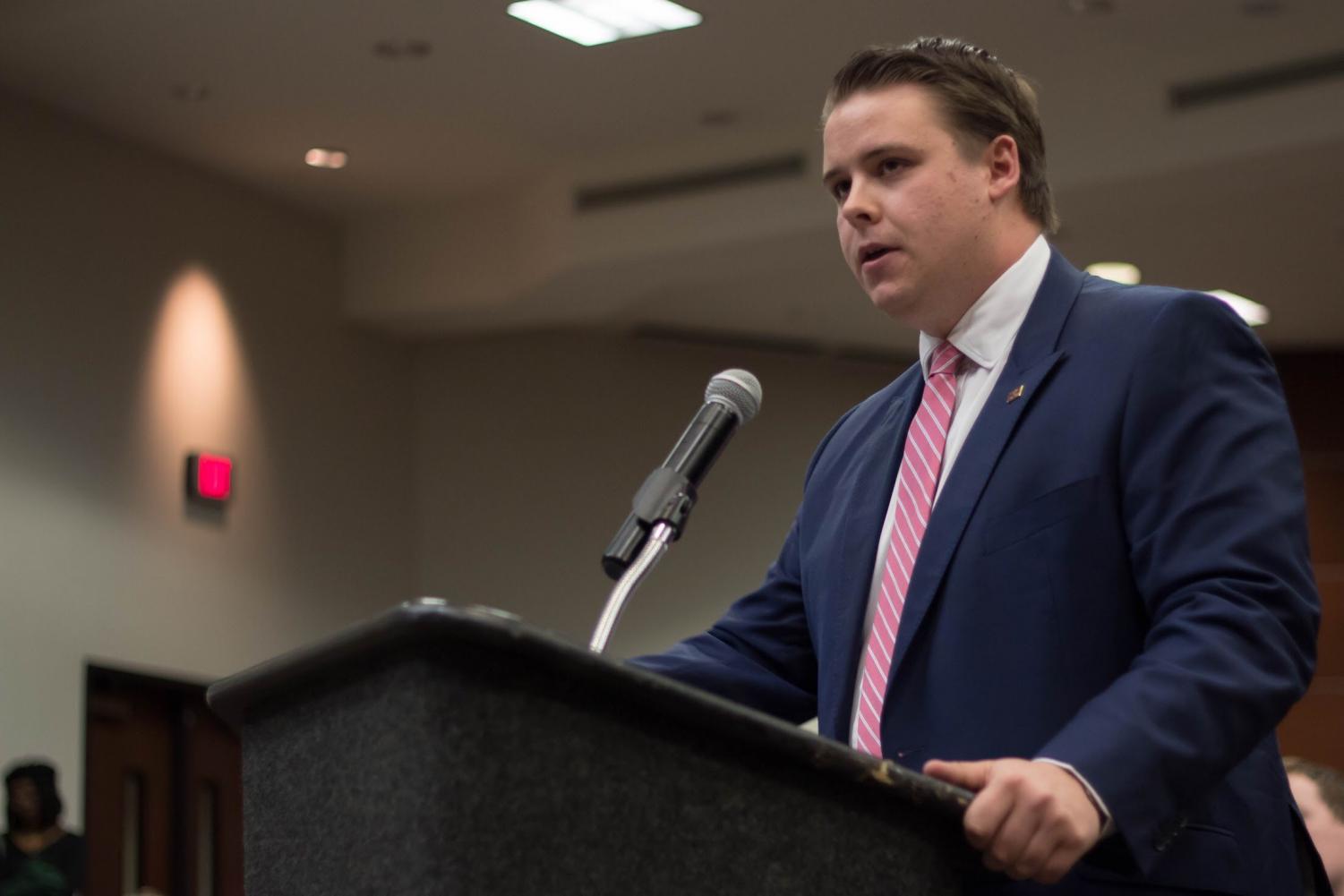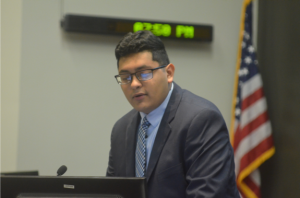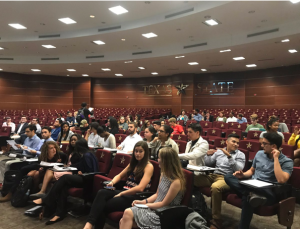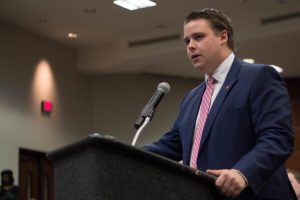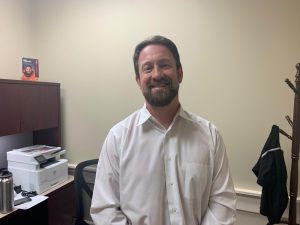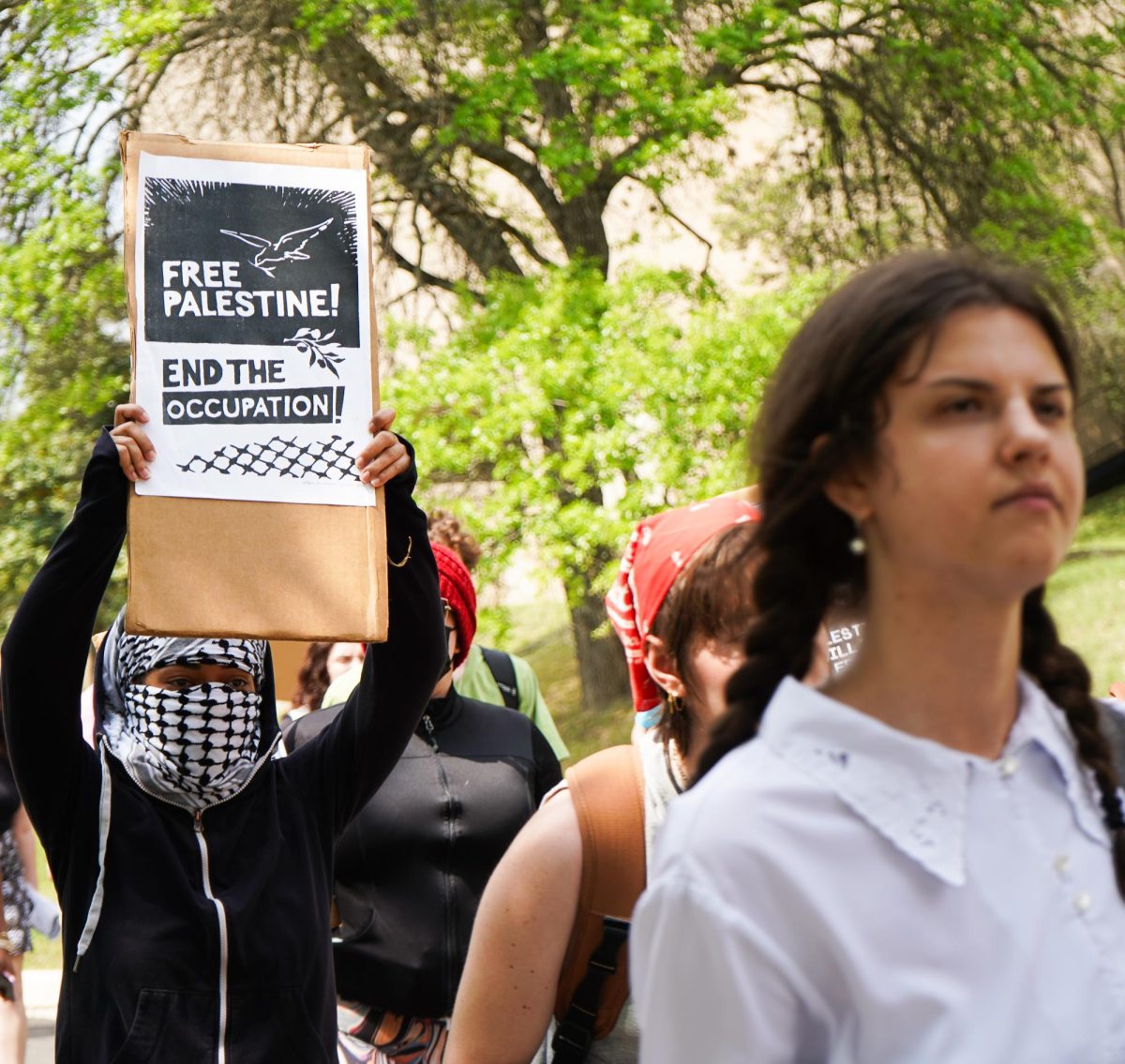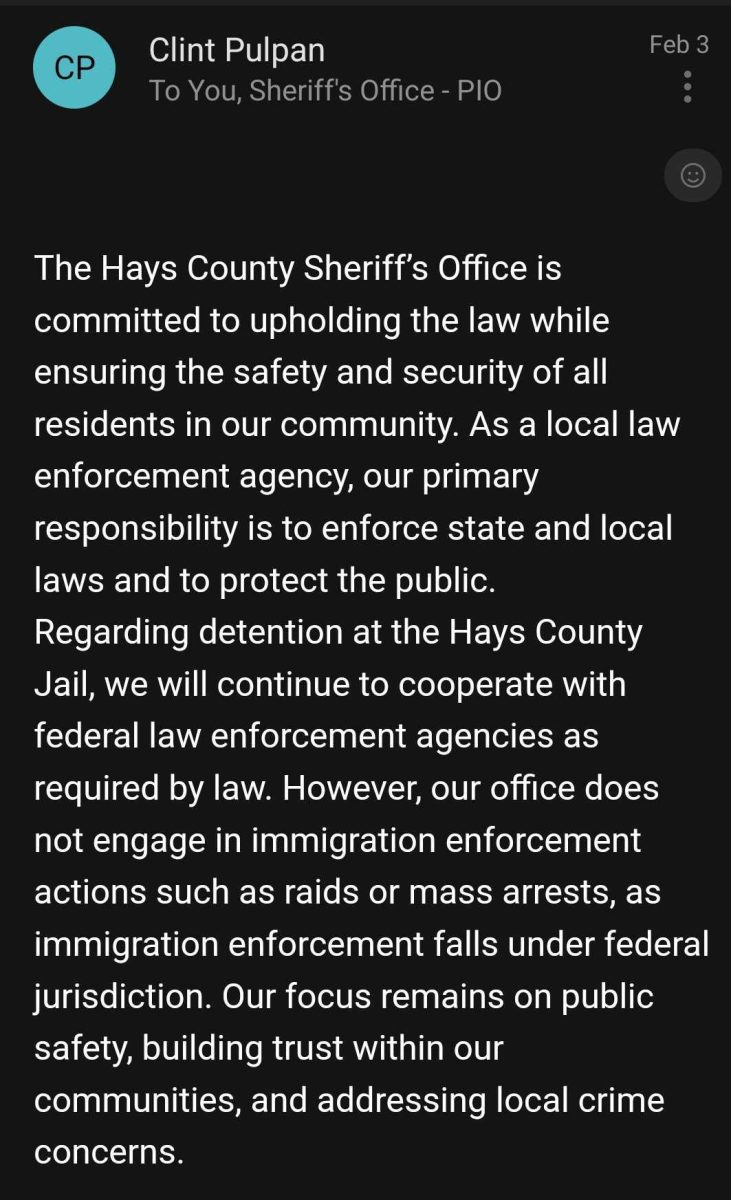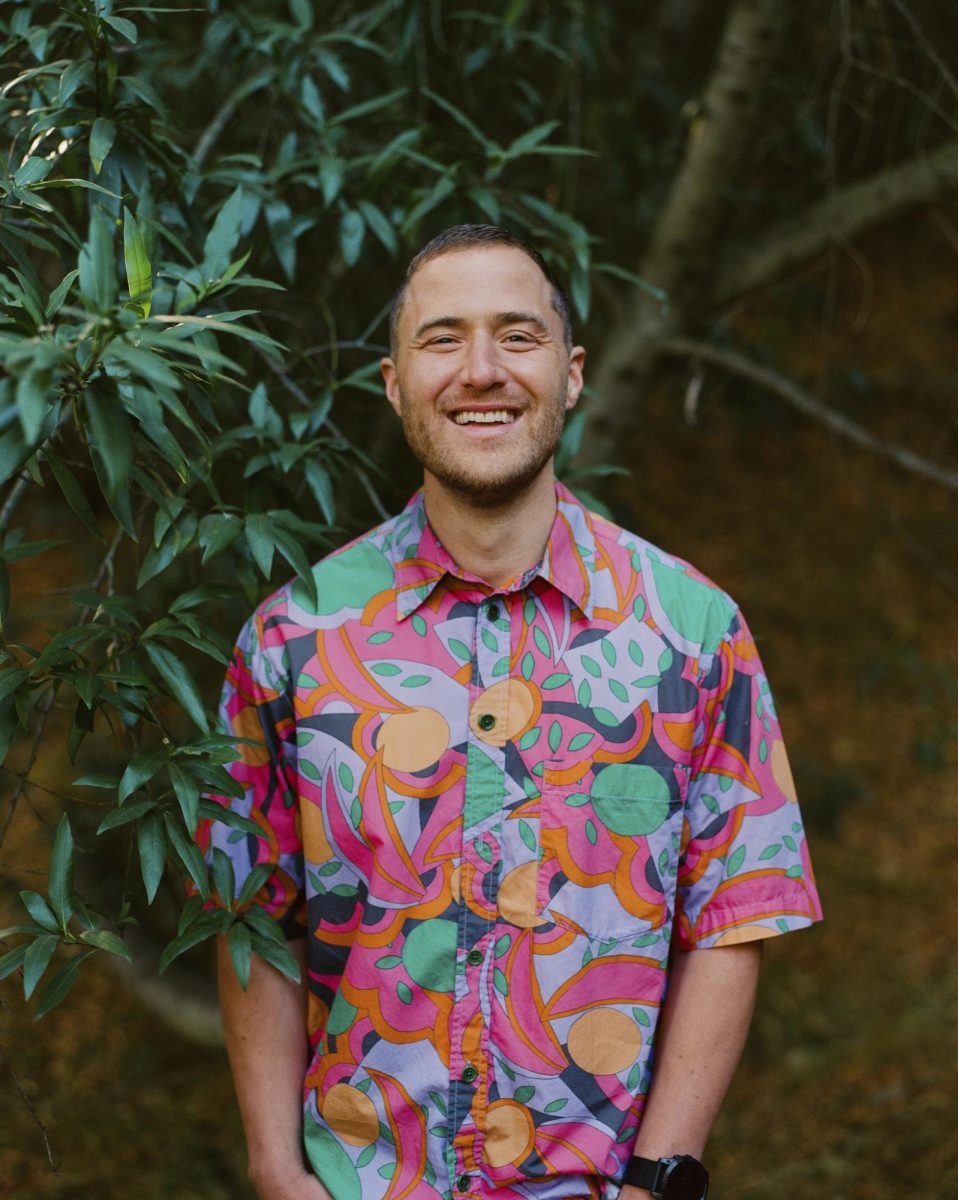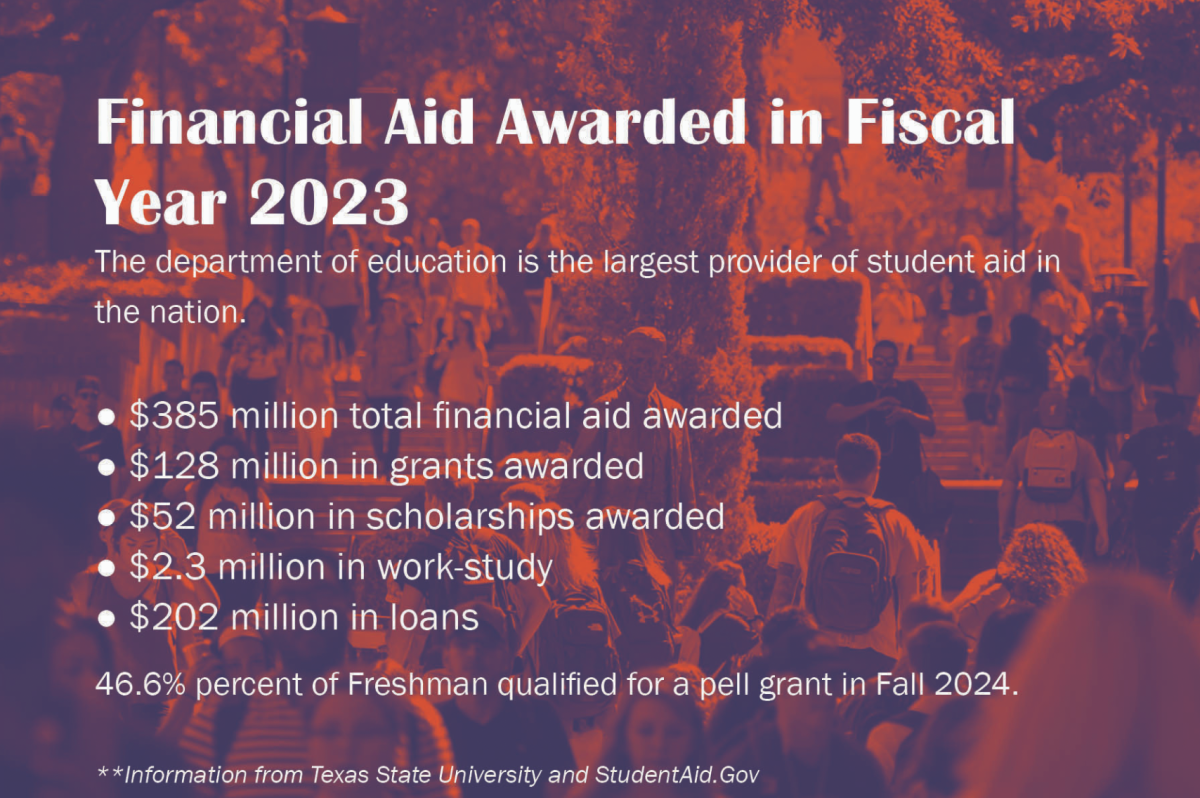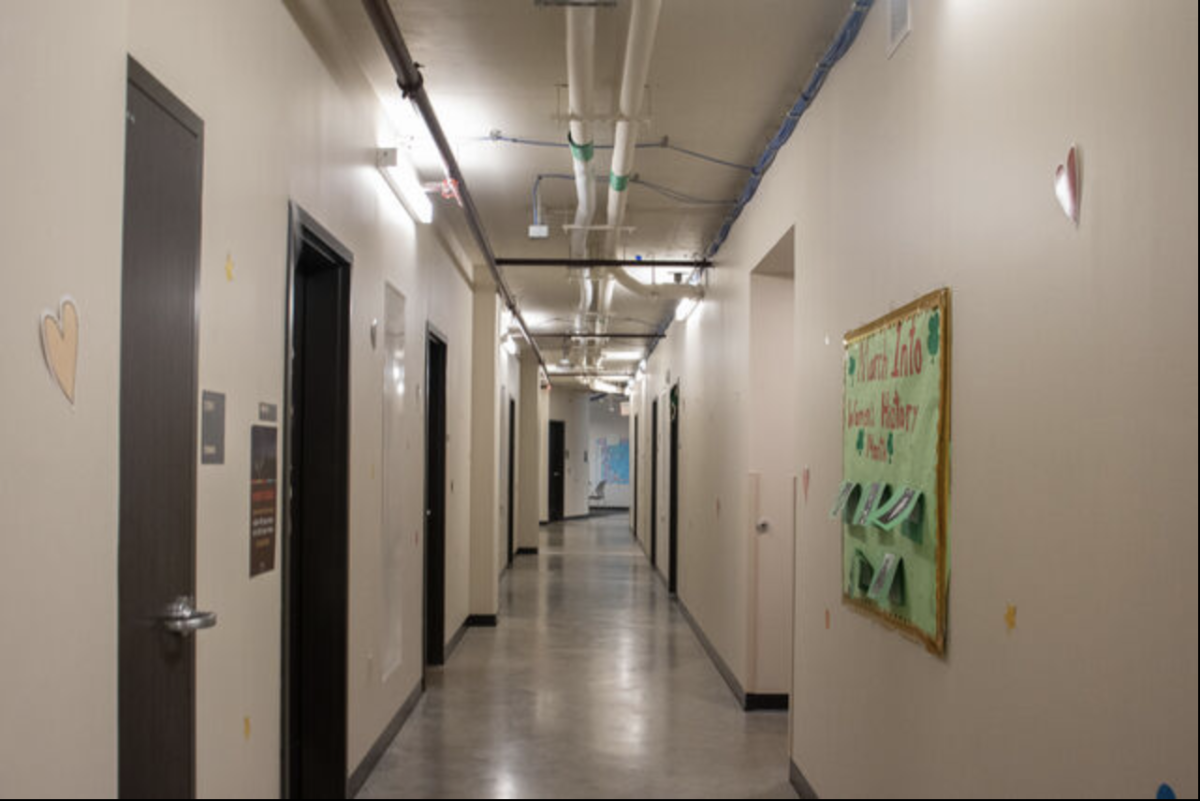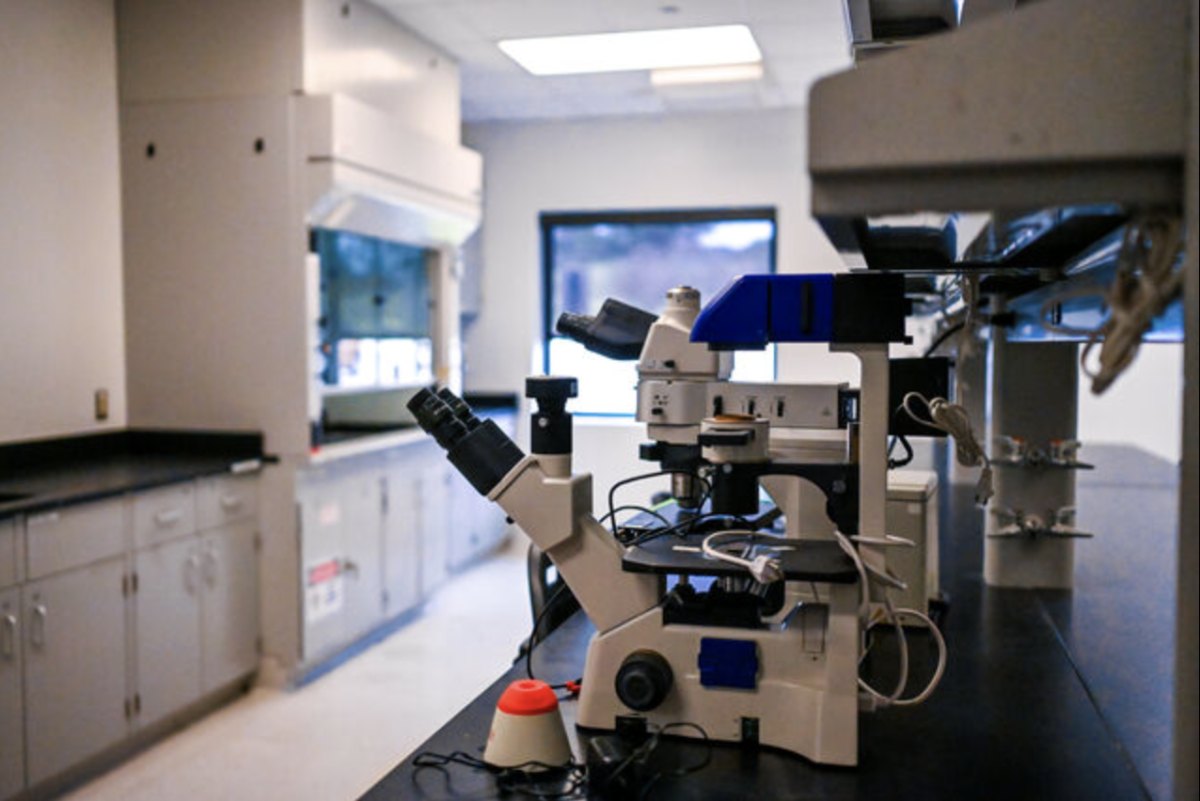The Attorney for students office offers free legal advice for a variety of legal issues ranging from criminal offenses, lease management and most recently, immigration status.
The U.S. Department of Education granted Texas State University-San Marcos official recognition as a Hispanic Serving Institution in 2011 after Texas State surpassed the 25 percent Hispanic undergraduate enrollment level in September 2010.
Since then, the university has been able to apply for grants and funding through the Department of Education only available to minority-serving institutions.
However, until the summer of 2018, Texas State had no immigration-related support for current students as a part of the Attorney for Students office, even in a part-time capacity. The lack of legal support and resources on-campus became one of the most contentious points of reference, not only for Student Government but the Texas State campus at large.
Failing to pass by one vote, the resolution that would make an immigration attorney position available to campus was juxtaposed by then Student Body President Connor Clegg’s report that focused on how infeasible it was to attain the goal of hiring an attorney.
“There is no way to hire an immigration attorney and that makes me upset,” Clegg said.
Clegg said the Senate had a responsibility to pass a proposal that could be achieved by the powers of the administration. Further, Clegg called for Student Government to invoke change in other ways that did not involve bringing an immigration attorney to campus.
“Continue to work, continue to create organizations that enact change and voice your opinions,” Clegg said.
Alex Molina, student government senator, co-authored the legislation that called for establishing an immigration lawyer at the university. The goal was to assist and offer legal advice to all currently enrolled students with immigration-related issues.
Molina defended his piece, saying the immigration attorney would function using the same model as the attorney for students and would serve as a resource to all students on campus.
“If we’re not offering these resources or services to help graduate (undocumented or international students), there’s obviously a gap in services,” Molina said. “Bringing in these international resources, faculty and students will help us become more of a Hispanic Serving Institution, help our students and help take us to the next level like Texas A&M and The University of Texas at Austin.”
During the debate and discussion portion of the meeting, then Student Government Senator Elijah Miller took issue with the university’s pride in the distinction and lack of representation for the community which the designation served.
“We pride ourselves on being a Hispanic Serving Institution, now it’s time to walk the walk,” Miller said.
Following the failed vote to bring an immigration attorney to campus, Clegg chartered a subcommittee that would serve international and immigrant students.
“I will be chartering the Student Government Subcommittee on Serving International and Immigrant Students,” Clegg said. “It will be tasked with the responsibility of working together toward a practical and tangible solution to the concerns we all share.”
The largest take away from the subcommittee’s meeting was the representatives present were being told the hiring of an immigration attorney would not be a possibility, whether or not the piece of legislation passed or not.
“If I could summarize what is happening in one word, it would be bureaucracy,” student senator Preston Nieves said.
Following a protest by activists on campus, the Texas State University System created the position of a part-time immigration attorney and during summer 2018, hosted three interviews for the position.
Mark Kinzler, the first of the hires, is a 16-year immigration attorney based in Austin. He was one of three attorneys who participated in the public forum hiring process for the position and was named the attorney to fill the new position.
Dealing with asylum cases at his private practice in Austin, Kinzler saw firsthand how asylum laws changed following presidential administrations.
According to the Congressional Research Service, “an alien may be denied admission into the United States or adjustment to lawful permanent resident (LPR) status if he or she is ‘likely at any time to become a public charge.’”
Additionally, CRS stated an admitted alien may be subject to removal from the U.S. based on a separate public charge ground of “deport-ability,” but this ground is rarely employed.
“They’re trying to destroy the ability for people to come to the United States and claim asylum,” Kinzler said. “You’ve decided you’re going to attack a system that only affects people who are fleeing from violence and death. You have made it your goal that we are not going to help people. That’s happening.”
The CRS reported that during the 2017 fiscal year, the U.S. had nearly 120,000 applicants for asylum, rivaling the number of applications received during the 1995 fiscal year.
“I’ve spent my whole career working for people and I look for opportunities to try to help people who can’t otherwise get help,” Kinzler said.
Kinzler said he was originally drawn to Texas State after noticing how many undocumented students there were on campus during a pro-bono day.
“I realized there were a lot of non-citizens on campus and no one really with my skill set,” Kinzler said. “I saw a lot of need for it because there are a lot of different immigration issues going on around campus.”
Apart from dealing with specific status concerns, Kinzler has spent time educating department heads and administrators about immigration specific issues.
“Before I knew what the job would entail, I figured it would be more dealing with issues for international students,” Kinzler said. “It’s been really common to help students who are permanent residents apply for naturalization and deal with DACA issues. I’ve been helping a lot of students get green cards for their spouses.”
The Student Community of Progressive Empowerment is a service organization dedicated to advocating for the rights of immigrants and refugees on campus and in the San Marcos community.
Isabel Esparza, the operations coordinator for the organization, said the on-campus immigration attorney remains an invaluable resource. In the interests of accessibility and fair and equal representation, Texas State should push to make the position full-time.
“The immigration attorney is useful and necessary in order to make legal resources equitable on campus,” Esparza’s email stated. “Not only have there been occurrences of the immigration attorney being booked solid for extended periods of time, but this position provides accessibility to an attorney who is specialized in immigration just like the other attorneys offer accessibility to a wide variety of matters as well.”
With his schedule split between two full days on Tuesday and Thursday and half a day Wednesday, Kinzler said his appointments usually book weeks in advance. He sees about 20 students a day.
“The more that people find out about me, the busier my schedule gets,” Kinzler said. “Almost every student that comes in is like ‘I didn’t know we had an immigration attorney.’ I think once it gets more established, there’s (room for) full-time.”
No timetable has been set for Kinzler’s position to become elevated to full-time. The University Star will continue to follow this story and provide updates as they become available.



